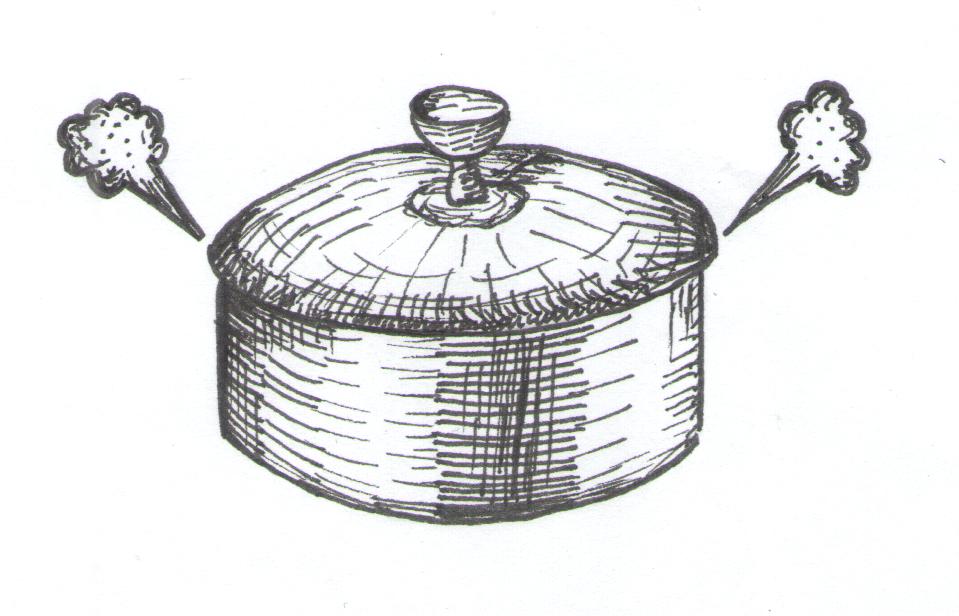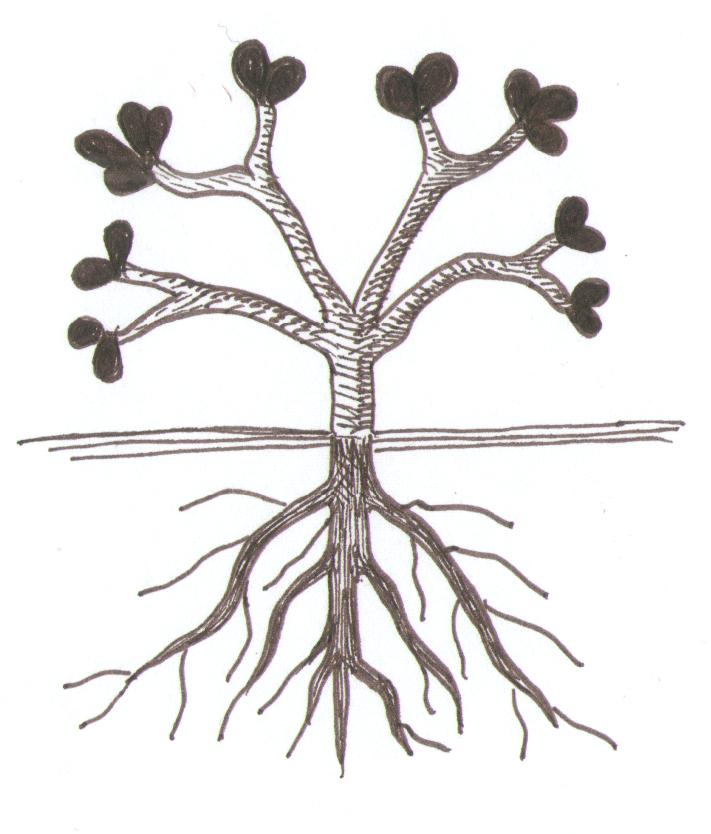
The present, viewed though the lens of future, is often rushed or fearful.
We often do things, not just for the sake of doing them but because we want some outcome from the activity. Sometimes we even look down on activities that don’t yield some sort of gain somewhere down the line. We also find that many people around us discourage doing something for mere joy or fun of it. Many things can fall into this category. Running for example. We don’t just go running for the sake of running. We go running because we want to lose weight. Or because we want to improve our health. Or because we feel guilty about not doing enough exercise. But running for the mere sake of running is the best kind of running. It is not just an activity we do to get to some other more desirable state. It is just a fun activity (for me at least).
Continue reading “The Present viewed through the lens of the Future”






